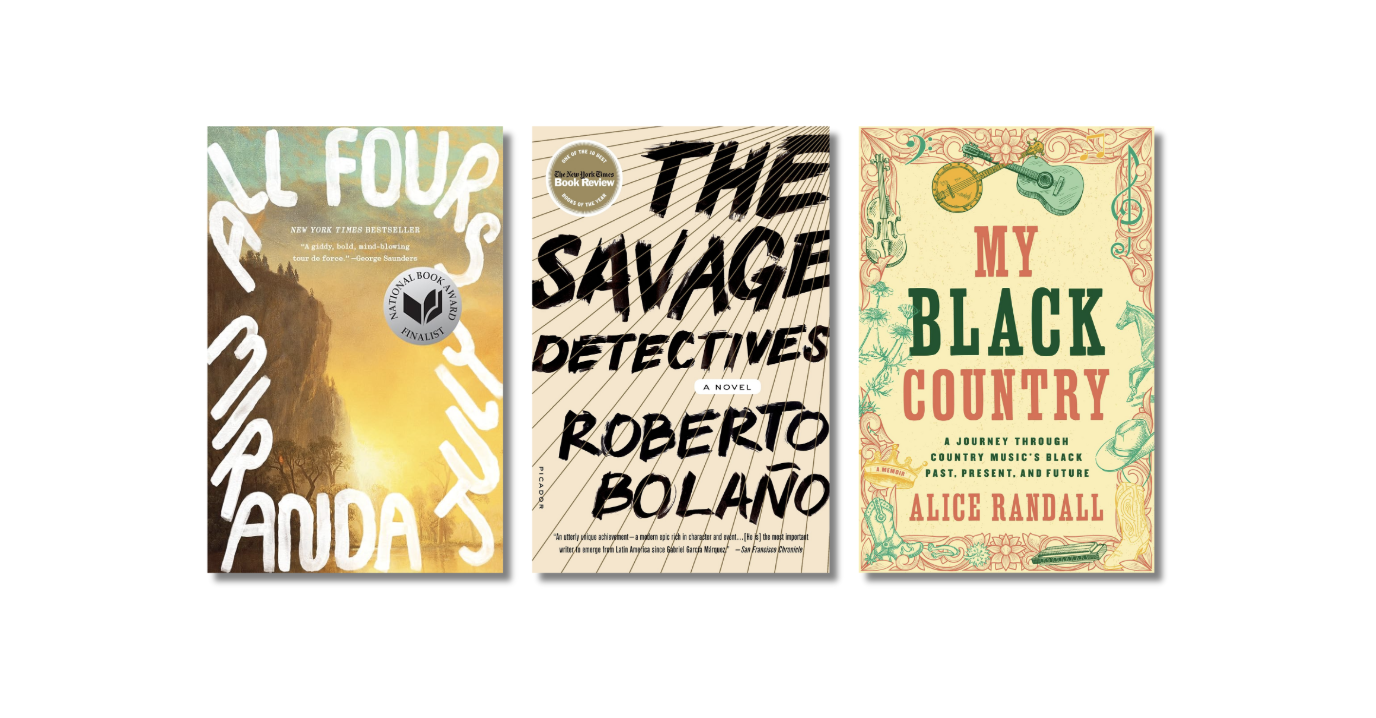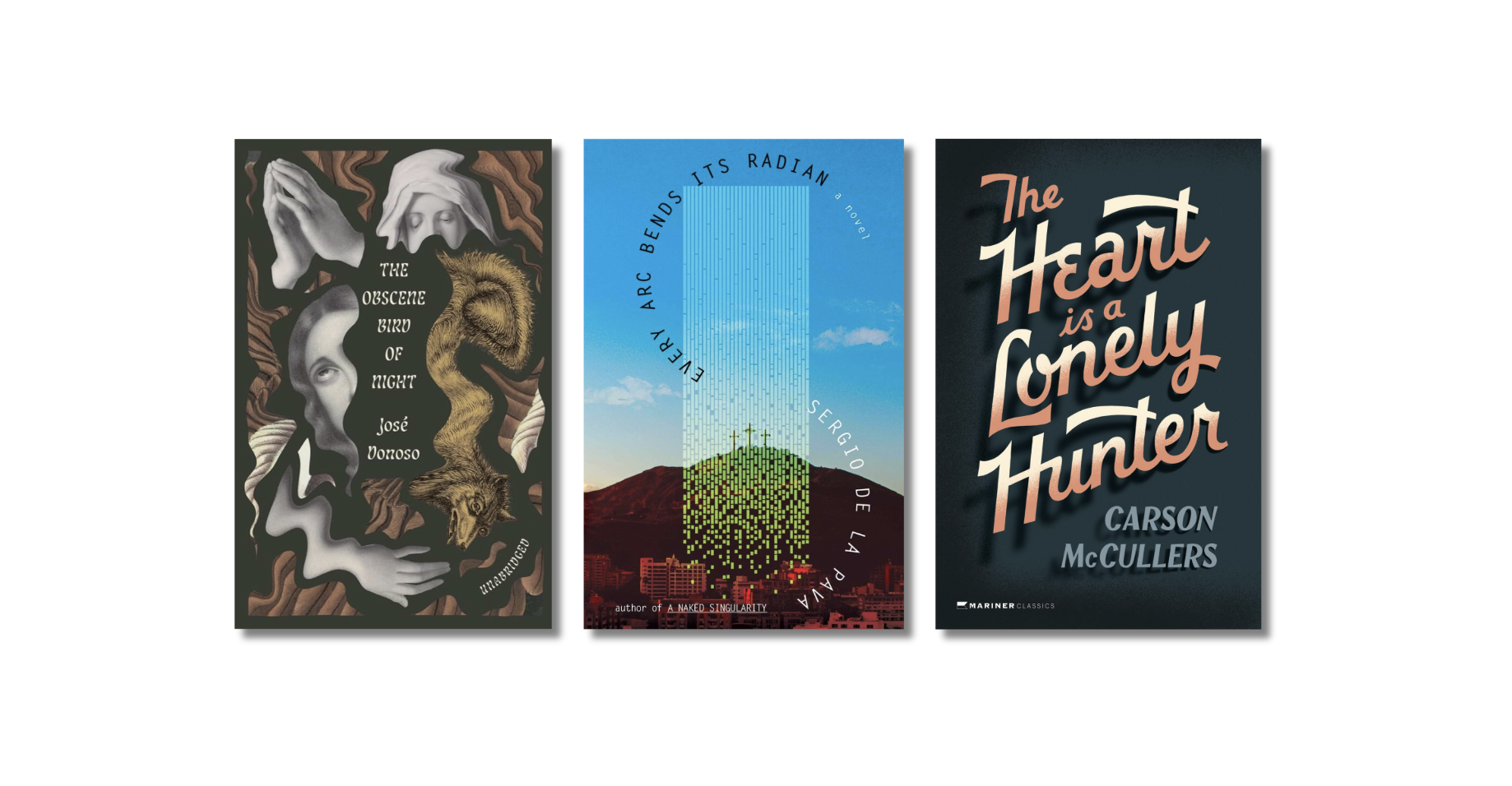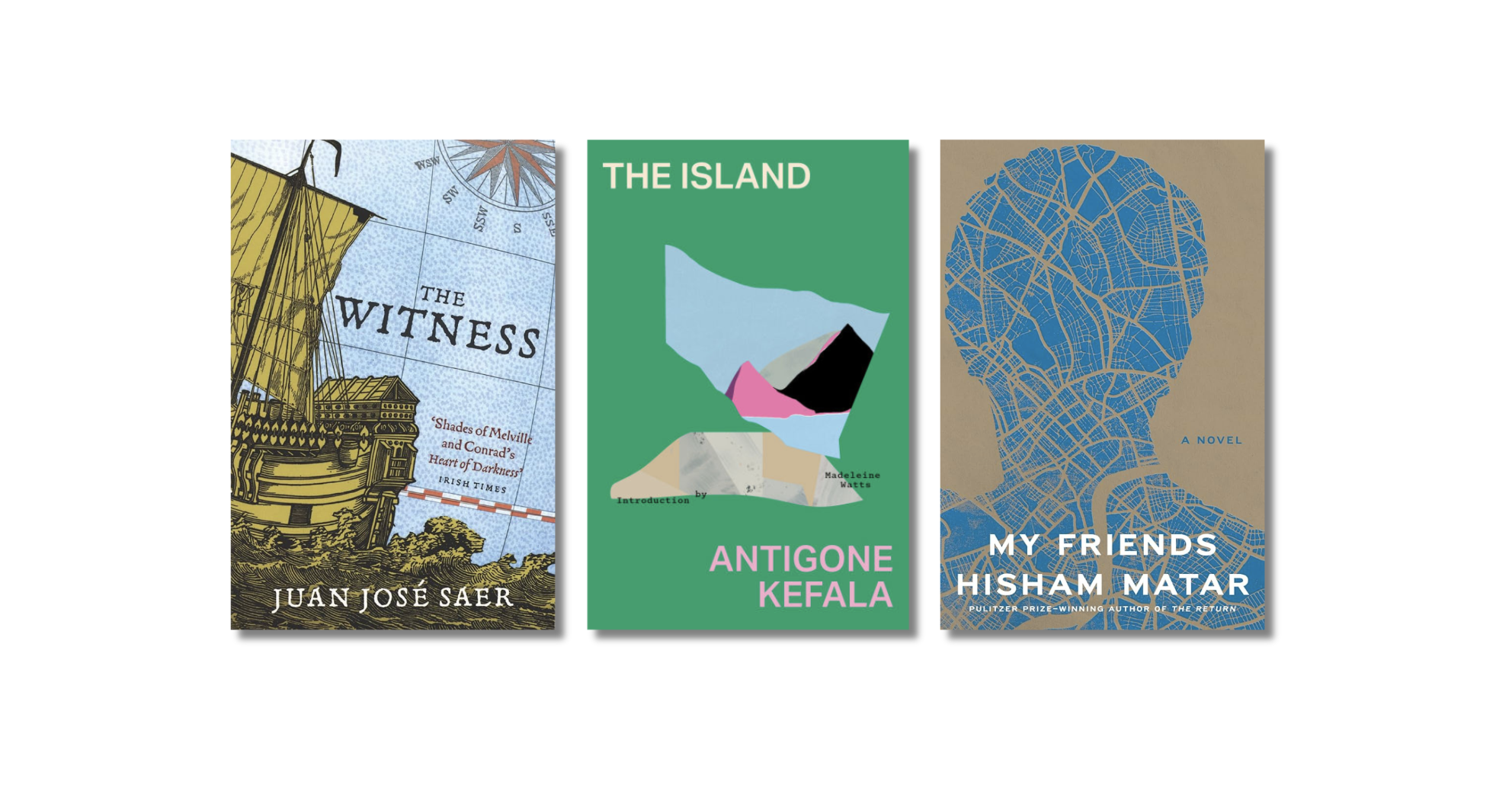 Though I’ve heard great things about Paul Theroux, Dark Star Safari was the first by him that I’ve read – well, listened to actually. Thanks to our current location in Chicago and the locations of our respective families, the holidays involve a lot of driving for Mrs. Millions and me – 36 hours worth this year if my math is correct. One of the best ways to pass the time is with audiobooks and even though Mrs. Millions got me XM Radio this year, Dark Star Safari was so engaging that we spent a lot of our trip listening to it. It’s a shame that the audio version appears to be unavailable (we got ours from the library) because it was very well done. Norman Deitz, as narrator, is very much in character as Theroux, and he gamely contorts his voice when relating the dialog of the many men and women of various nationalities that Theroux meets on his way from Cairo to Capetown. Though Africa is the centerpiece of this book, Theroux shares top billing. As he explains, this trip, very much a solo journey, was a return to the continent where he lived 40 years ago as a young Peace Corps volunteer and teacher. He soon finds that a lot of Africa has changed and not for the better. Much of the book is devoted to finding out why. We learn a lot about Africa’s history and geography and we meet dozens of fascinating people along the way from Nobel Laureates to prostitutes. But Theroux, writing in his 60s and having earned the right to hold forth on such things, dwells most upon his likes and dislikes. He does not like most of the aid workers in Africa and he explains, rather convincingly, why the aid system is broken. He does not like proselytizing missionaries, with whom he gleefully argues theology. He does not like Africa’s sprawling, destitute, dangerous cities. Theroux, however, likes the “bush,” the great trackless stretches of Africa where people still live simply, uncorrupted by foreign aid and oppressive governments. Of the people he meets, Theroux likes the straight-talkers, the honest people who care about Africa and aren’t trying to get something from him. Though Theroux spends a lot of time analyzing the current state of Africa in his own engaging, non-technical way, the enormity of his journey was what made the book so enjoyable for me. He travels by every method imaginable in a meandering path from Egypt to South Africa. Along the way he is shot at by bandits, harassed by border guards and harangued by Africa’s urban predators. Theroux acknowledges the similarities of his travels with those of many Westerners before him, but he does not slip into romanticism or despair. He loves Africa for its chaos.
Though I’ve heard great things about Paul Theroux, Dark Star Safari was the first by him that I’ve read – well, listened to actually. Thanks to our current location in Chicago and the locations of our respective families, the holidays involve a lot of driving for Mrs. Millions and me – 36 hours worth this year if my math is correct. One of the best ways to pass the time is with audiobooks and even though Mrs. Millions got me XM Radio this year, Dark Star Safari was so engaging that we spent a lot of our trip listening to it. It’s a shame that the audio version appears to be unavailable (we got ours from the library) because it was very well done. Norman Deitz, as narrator, is very much in character as Theroux, and he gamely contorts his voice when relating the dialog of the many men and women of various nationalities that Theroux meets on his way from Cairo to Capetown. Though Africa is the centerpiece of this book, Theroux shares top billing. As he explains, this trip, very much a solo journey, was a return to the continent where he lived 40 years ago as a young Peace Corps volunteer and teacher. He soon finds that a lot of Africa has changed and not for the better. Much of the book is devoted to finding out why. We learn a lot about Africa’s history and geography and we meet dozens of fascinating people along the way from Nobel Laureates to prostitutes. But Theroux, writing in his 60s and having earned the right to hold forth on such things, dwells most upon his likes and dislikes. He does not like most of the aid workers in Africa and he explains, rather convincingly, why the aid system is broken. He does not like proselytizing missionaries, with whom he gleefully argues theology. He does not like Africa’s sprawling, destitute, dangerous cities. Theroux, however, likes the “bush,” the great trackless stretches of Africa where people still live simply, uncorrupted by foreign aid and oppressive governments. Of the people he meets, Theroux likes the straight-talkers, the honest people who care about Africa and aren’t trying to get something from him. Though Theroux spends a lot of time analyzing the current state of Africa in his own engaging, non-technical way, the enormity of his journey was what made the book so enjoyable for me. He travels by every method imaginable in a meandering path from Egypt to South Africa. Along the way he is shot at by bandits, harassed by border guards and harangued by Africa’s urban predators. Theroux acknowledges the similarities of his travels with those of many Westerners before him, but he does not slip into romanticism or despair. He loves Africa for its chaos.









